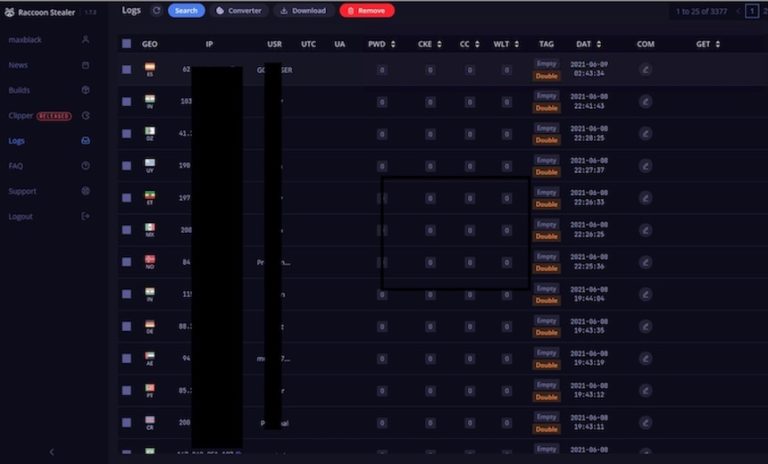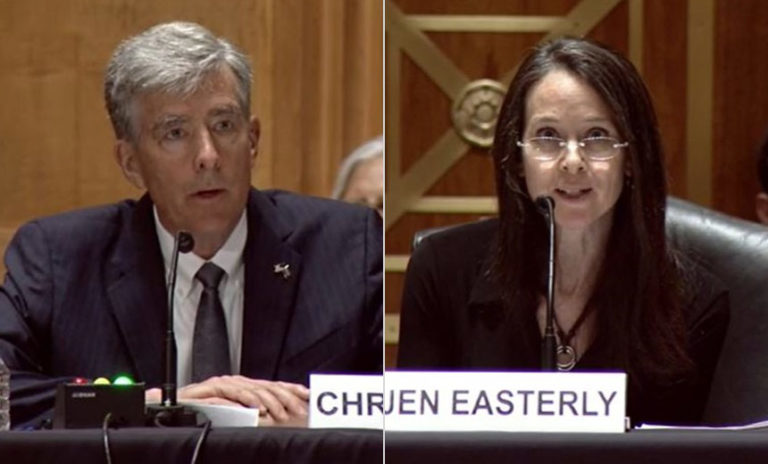What is the research between strenuous workouts and MND?
Regular and strenuous exercise increases the risk of motor neurone disease (MND) in people who are genetically vulnerable, scientists have said. One of the researchers at the University of Sheffield, Dr Johnathan Cooper-Knock, told BBC World News that in the future they hoped to be able to work out the risk on an individual basis…









